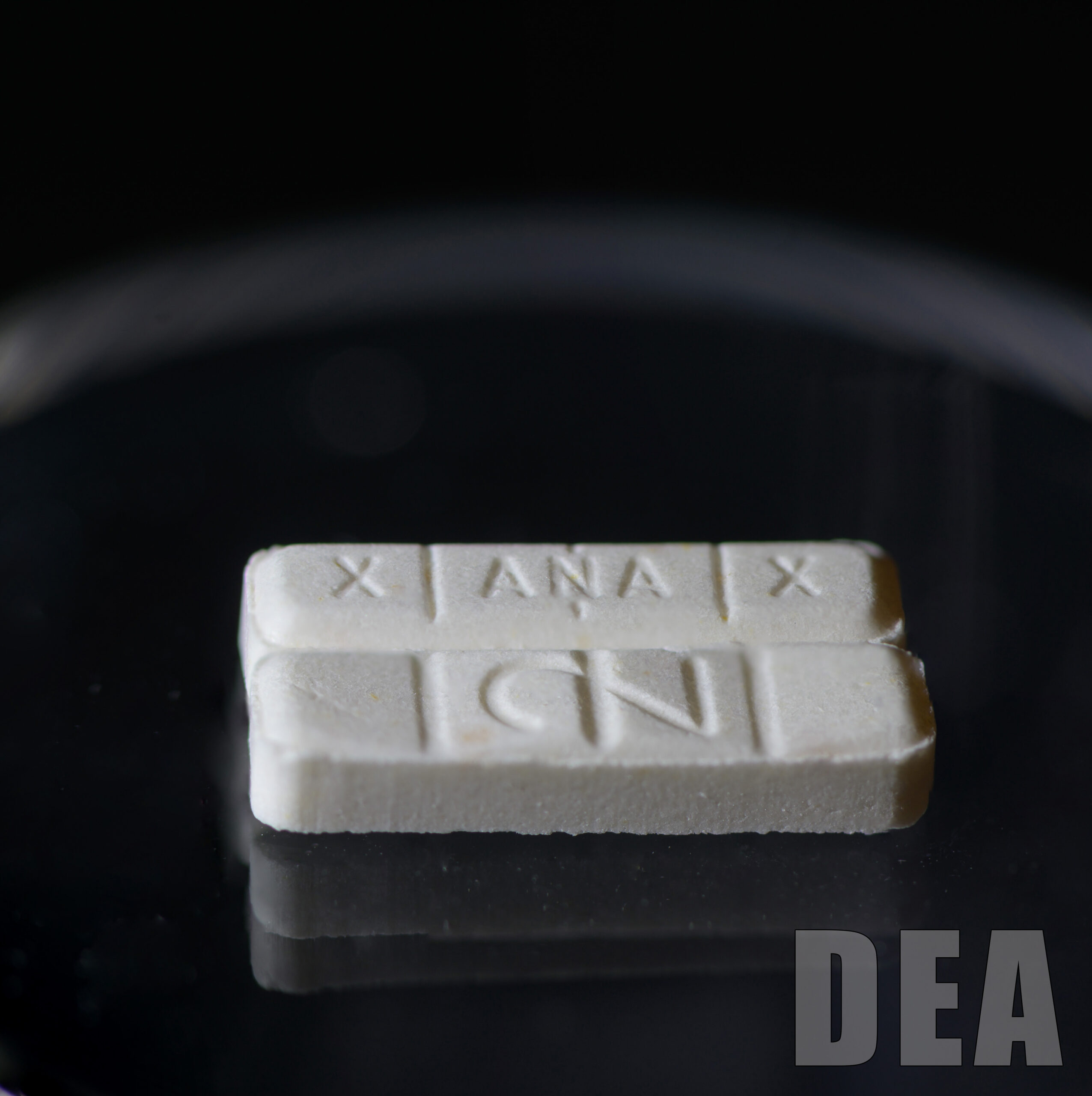What Does Meth Do to Your Brain? Methamphetamine, commonly referred to as meth, is a highly addictive and potent stimulant. Its ability to rapidly affect the brain makes it particularly dangerous, often causing severe psychological and physical harm. Understanding exactly how methamphetamine impacts the brain helps in recognizing the critical need for professional intervention, such as the specialized treatment provided by Spark To Recovery.
Protect Your Brain From Meth Use
Spark To Recovery Can Help You Overcome Your Addiction
Key Points
- Methamphetamine drastically alters brain chemistry, leading to severe short-term and long-term neurological damage.
- Signs someone may be using meth include severe mood swings, aggression, dental problems, and dramatic weight loss.
- Meth stays detectable in your system typically between one to four days but can be traced in hair tests for several months.
- Long-term meth use can result in severe cognitive decline, irreversible brain damage, psychosis, and increased risk of stroke.
- Meth withdrawal symptoms include intense cravings, depression, anxiety, fatigue, and suicidal thoughts.
- Inpatient medically assisted rehabilitation provides the safest, most effective method for overcoming meth addiction.
Immediate Effects of Meth on the Brain
Upon ingestion, methamphetamine floods the brain with neurotransmitters, particularly dopamine. Dopamine is associated with pleasure, motivation, and reward, and meth artificially increases its levels significantly, leading to an intense sense of euphoria and increased energy. However, this surge of dopamine severely disrupts natural brain functions, causing confusion, anxiety, irritability, and paranoia [1].
Recognizing Meth Use
Identifying meth use early can help mitigate some of its devastating impacts. Typical indicators include:
- Sudden and dramatic weight loss due to reduced appetite.
- Severe dental deterioration, often referred to as “meth mouth.”
- Skin sores or lesions from constant scratching.
- Behavioral changes such as extreme agitation, mood swings, paranoia, and even violent tendencies.
- Insomnia or erratic sleeping patterns.
Awareness of these signs can prompt early intervention, crucial for recovery [2].
Protect Your Brain From Meth Use
Spark To Recovery Can Help You Overcome Your Addiction
How Long Does Meth Stay in Your System?
Methamphetamine’s presence in the body varies by the method of testing:
- Urine tests: Detectable from 1-4 days after use.
- Blood tests: Typically detectable within 1-3 days.
- Saliva tests: Can detect meth for about 1-4 days.
- Hair tests: Can trace methamphetamine usage for up to 90 days or longer [3].
The Long-Term Effects of Methamphetamine on the Brain
Repeated methamphetamine use severely compromises brain function, potentially resulting in long-term damage:
- Cognitive impairment: Chronic meth users frequently experience memory loss, difficulties in learning new information, and problems with judgment and decision-making.
- Psychological issues: Persistent paranoia, hallucinations, and psychosis resembling schizophrenia are common.
- Neurological Damage: Long-term use significantly reduces the brain’s dopamine receptors, impairing natural pleasure responses and making everyday activities feel meaningless without meth.
- Increased Stroke Risk: Methamphetamine elevates blood pressure and heart rate, greatly increasing the risk of stroke and brain hemorrhages.
- Structural Brain Damage: Imaging studies reveal significant changes in brain areas responsible for emotion and memory, often irreversible [4].
Symptoms of Meth Withdrawal
Withdrawal from methamphetamine can be extremely challenging due to intense physical and psychological symptoms, including:
- Severe depression and anxiety.
- Extreme fatigue coupled with insomnia.
- Overwhelming cravings for meth.
- Psychotic episodes, including paranoia and hallucinations.
- Suicidal thoughts or attempts.
Professional medical support is essential to manage these symptoms safely [5].
Protect Your Brain From Meth Use
Spark To Recovery Can Help You Overcome Your Addiction
The Necessity of Inpatient Medically Assisted Rehab
Inpatient medically assisted rehab is widely recognized as the most effective approach for managing and overcoming meth addiction. The structured environment of inpatient care allows for 24-hour medical supervision, essential for managing withdrawal symptoms and preventing relapse. Medications can be administered to alleviate withdrawal symptoms, and psychological support is provided consistently, increasing the likelihood of successful recovery.
Within inpatient facilities like Spark To Recovery, patients benefit from:
- Medical detoxification services.
- Individual and group therapy sessions to address underlying psychological issues.
- A safe environment, free from triggers and external stressors that might lead to relapse.
- Personalized recovery plans tailored specifically to each patient’s needs.
This comprehensive approach greatly enhances the possibility of sustained, long-term recovery [6].
Spark To Recovery: Your Partner in Recovery
Spark To Recovery specializes in guiding individuals through the complexities of overcoming methamphetamine addiction. Recognizing that addiction affects everyone differently, their personalized treatment programs address the unique physical, emotional, and psychological needs of each individual.
Their highly trained medical professionals offer medically supervised detox, which safely manages withdrawal symptoms and reduces discomfort. Additionally, therapy programs at Spark To Recovery are tailored to address the psychological impacts of meth addiction, focusing on long-term strategies for relapse prevention and life rebuilding.
With compassionate support, evidence-based methods, and an unwavering commitment to recovery, Spark To Recovery empowers individuals to reclaim their lives from methamphetamine addiction.
Protect Your Brain From Meth Use
Spark To Recovery Can Help You Overcome Your Addiction
FAQs
Q: How quickly can meth addiction develop?
A: Meth addiction can develop rapidly, sometimes after just a few uses, due to its intense euphoric effects and rapid changes to brain chemistry.
Q: Can brain damage from methamphetamine be reversed?
A: Some cognitive functions may improve over time with abstinence, but many neurological effects of prolonged meth use can be irreversible.
Q: What are the risks of quitting meth without medical help?
A: Attempting to quit meth without medical assistance can be dangerous due to severe withdrawal symptoms, including intense depression, psychosis, and suicidal ideation.
Q: Is inpatient rehab effective for treating meth addiction?
A: Yes, inpatient rehab provides a structured, supervised environment necessary for safely managing withdrawal and effectively addressing addiction through medical and therapeutic interventions.
Q: What should someone do if they suspect a loved one is using meth?
A: Seek professional help immediately. Facilities like Spark To Recovery offer expert guidance and intervention strategies designed to safely assist individuals battling methamphetamine addiction.
Conclusion
Understanding the profound effects of methamphetamine on the brain underscores the urgent need for medical intervention. Spark To Recovery provides the necessary medical expertise, support, and comprehensive treatment to safely navigate the complexities of meth addiction, fostering lasting recovery and reclaiming healthy, fulfilling lives.
Protect Your Brain From Meth Use
Spark To Recovery Can Help You Overcome Your Addiction
References
[1] National Institute on Drug Abuse. (2020). Methamphetamine Research Report. https://nida.nih.gov
[2] Substance Abuse and Mental Health Services Administration (SAMHSA). (2021). Methamphetamine Use. https://samhsa.gov
[3] U.S. Food & Drug Administration (FDA). (2021). Drug Testing Guidelines. https://fda.gov
[4] Centers for Disease Control and Prevention (CDC). (2021). Methamphetamine Use and Health Risks. https://cdc.gov
[5] National Institutes of Health (NIH). (2020). Drug Withdrawal Symptoms. https://nih.gov
[6] American Society of Addiction Medicine (ASAM). (2022). Treatment of Methamphetamine Addiction. https://asam.org

Laura A. Fierro, Ph.D., LMFT
Board-Certified Physician in Internal Medicine


